Logos: The principle of reason and order in classical philosophy
The concept of logos (λόγος) is one of the most profound and multifaceted ideas in classical Greek philosophy, encompassing meanings such as “word”, “reason”, “principle”, and “order”. It represents the rational structure underlying the cosmos and the guiding principle of thought and speech. From its early development in the pre-Socratic period to its central role in Stoicism and later influence on Christian theology, logos serves as a foundational concept for understanding the universe and humanity’s place within it.
Etymology and semantic range
The Greek term logos derives from the root *leg-“ (to gather, count, or say), reflecting its diverse meanings. In classical texts, logos can signify speech, discourse, rational argument, or the underlying principle of coherence and order. Its flexibility allows it to bridge linguistic, logical, and metaphysical domains, making it an indispensable concept in ancient philosophy.
Logos in pre-Socratic thought
The earliest philosophical explorations of logos are found in the works of Heraclitus. He identifies logos as the rational principle governing the cosmos, declaring, “All things happen according to logos.” For Heraclitus, the universe is characterized by constant flux (panta rhei), yet this flux is not chaotic; it is structured and intelligible, guided by the logos. Heraclitus’ logos is both immanent and universal, binding opposites together and ensuring the unity of existence.
Other pre-Socratic thinkers, such as Anaxagoras and Pythagoras, also implicitly engage with the concept of logos. Anaxagoras introduces the principle of nous (mind) as the organizing force of the cosmos, while Pythagoras emphasizes mathematical harmony, which can be seen as a precursor to the idea of logos as rational order.
Sophistic and Platonic philosophy
The Sophists, particularly Protagoras, use logos to denote persuasive argumentation and rhetorical skill. For them, logos is a tool for shaping human affairs, emphasizing its linguistic and communicative dimensions. However, their relativistic approach to truth contrasts with later philosophical uses of logos as a universal principle.
In Plato’s philosophy, logos takes on a dual role. It is both the medium of rational discourse and the principle that connects the human soul to the eternal realm of the Forms. In dialogues like the Republic and the Timaeus, Plato associates logos with reason (logos) as the highest faculty of the soul, capable of apprehending the intelligible order of reality. Through logos, individuals can align their lives with the Good (to agathon), achieving harmony and fulfillment.
Aristotelian thought
Aristotle expands the concept of logos into a systematic framework, integrating it into his logic, rhetoric, and metaphysics. In the Organon, logos refers to rational discourse and syllogistic reasoning, serving as the foundation of scientific inquiry. In the Rhetoric, Aristotle identifies logos as one of the three modes of persuasion, alongside ethos (character) and pathos (emotion).
Metaphysically, Aristotle uses logos to describe the rational principles underlying natural processes and the structure of reality. For Aristotle, logos is not an abstract or transcendent force but a manifestation of the inherent rationality of the natural world. It connects closely with his teleological view, where all beings possess an intrinsic purpose (telos) guided by their nature.
Stoicism
The Stoics elevate logos to a cosmic principle, identifying it with the rational order of the universe and the divine reason permeating all things. For Stoic philosophers like Cleanthes, Chrysippus, and Marcus Aurelius, logos is both the immanent law of nature (logos physis) and the guiding principle of human conduct.
The Stoic logos serves as the source of natural law, providing a universal standard for ethics and justice. By aligning their will with the logos, individuals can achieve tranquility (ataraxia) and virtue. Marcus Aurelius, in his Meditations, reflects on the interconnectedness of all things through the logos, emphasizing the importance of living in harmony with the rational order.
Early Christianity
In early Christian theology, logos is [reinterpreted in a theological context](/weekend_stories/told/2025/2025-01-11-philos_logos_and_jesus_as_celestial_being/, most notably in the Gospel of John: “In the beginning was the Word (logos), and the Word was with God, and the Word was God.” Here, logos represents the divine principle through which God creates and sustains the universe. It is personified in the figure of Christ, who embodies the logos as the mediator between the divine and human realms.
The Christian concept of logos draws heavily on Hellenistic philosophy, particularly the Stoic and Platonic traditions. However, it transforms the logos into a personal and salvific force, emphasizing its role in revelation and redemption. This integration of Greek philosophical concepts into Christian theology profoundly influenced medieval and Renaissance thought, shaping the intellectual history of the West.
Philosophical significance
The concept of logos unites diverse strands of ancient philosophy, reflecting a shared concern with the principles of order, reason, and communication. Its versatility allows it to address fundamental questions about the nature of reality, the structure of thought, and the foundations of ethical life. From the cosmic rationality of the Stoics to the logical rigor of Aristotle and the metaphysical aspirations of Plato, logos serves as a bridge between the empirical and the transcendent, the individual and the universal.
Conclusion
Logos stands as a cornerstone of classical philosophy, embodying the interplay between reason, language, and the cosmos. Its evolution across different philosophical schools highlights its enduring relevance and adaptability, offering profound insights into the nature of existence and human understanding. Logos embodies the convergence of rationality, metaphysics, and ethics, serving as a cornerstone of ancient philosophy. Its multifaceted interpretations across schools highlight its importance in addressing fundamental questions about reality, reason, and human existence.
References
- Hellmut Flashar, Klaus Döring, Michael Erler, Die Philosophie der Antike. Bd. 1. Frühgriechische Philosophie, 2013, Schwabe, Aus der Reihe: Grundriss der Geschichte der Philosophie, ISBN: 9783796525988
- Klaus Döring, Michael Erler, Die Philosophie der Antike. Bd. 2/1. Sophistik, Sokrates, Sokratik, Mathematik, Medizin, 1998, Schwabe, Aus der Reihe: Grundriss der Geschichte der Philosophie, ISBN: 9783796510366
- Michael Erler, Die Philosophie der Antike. Bd. 2/2. Platon, 2007, Schwabe, Aus der Reihe: Grundriss der Geschichte der Philosophie, ISBN: 978-3-7965-2237-6
- Hellmut Flashar, Die Philosophie der Antike. Bd. 3. Ältere Akademie, Aristoteles, Peripatos, 2004, Schwabe, Aus der Reihe: Grundriss der Geschichte der Philosophie, ISBN: 978-3-7965-1998-7
- Hellmut Flashar, Michael Erler, Günter Gawlick, Woldemar Görler, Peter Steinmetz, Die Philosophie der Antike. Bd.4. Die hellenistische Philosophie, 1994, Schwabe, Aus der Reihe: Grundriss der Geschichte der Philosophie, ISBN: 9783796509308
- Christoph Riedweg, Christoph Horn, Die Philosophie der Antike. Bd. 5. Die Philosophie der Kaiserzeit und der Spätantike, 2018, Schwabe, Aus der Reihe: Grundriss der Geschichte der Philosophie, ISBN: 9783796526299
- Alexander Brungs, Georgi Kapriev, Vilem Mudroch, Die Philosophie des Mittelalters. Bd. 1. Byzanz. Judentum, 2019, Schwabe Verlagsgruppe, ISBN: 9783796526237
- John Marenbon, Die Philosophie des Mittelalters. Bd. 2. 11. Jahrhundert, 2025, Schwabe Verlag, ISBN: 9783796526251
- Laurent Cesalli, Ruedi Imbach, Alain de Libera, Thomas Ricklin, Die Philosophie des Mittelalters. Bd. 3. 12. Jahrhundert, 2021, Schwabe Verlag, ISBN: 9783796526251
- Alexander Brungs, Vilem Mudroch, Peter Schulthess, Die Philosophie des Mittelalters. Bd. 4. 13. Jahrhundert, 2017, Schwabe, ISBN: 9783796526268
- Klaus Held, Heraklit, Parmenides und der Anfang von Philosophie und Wissenschaft - Eine phänomenologische Besinnung, 1980, de Gruyter, ISBN: 9783110079623
- Burkert, W., Greek religion: Archaic and classical, 2008, Blackwell, ISBN: 978-0631156246
- Lloyd, G. E. R., Early Greek science: Thales to Aristotle, 1974, W. W. Norton & Company, ISBN: 978-0393005837
- Kenny, A., A new history of Western philosophy, 2010, Oxford University Press, ISBN: 978-0199589883
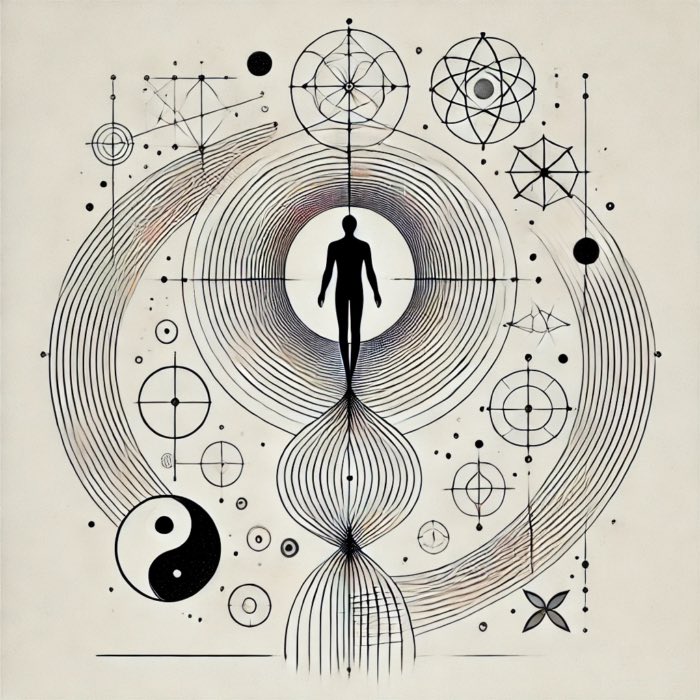
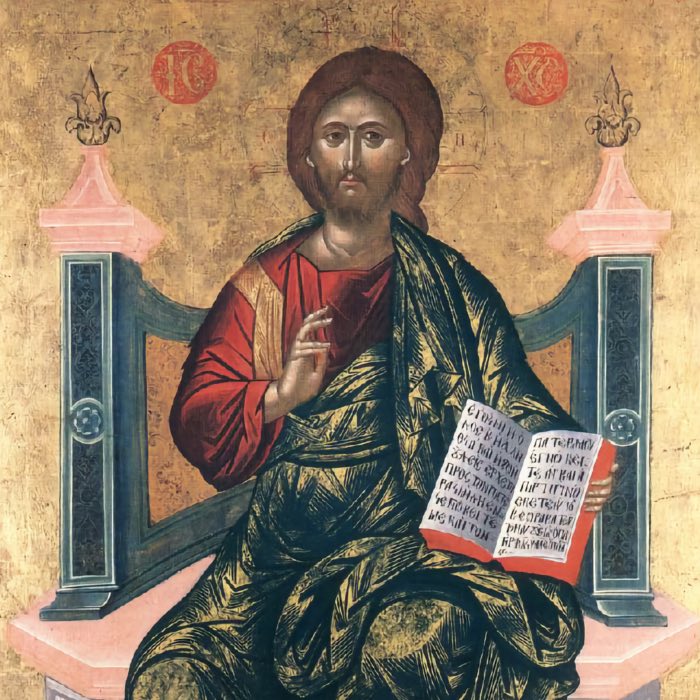
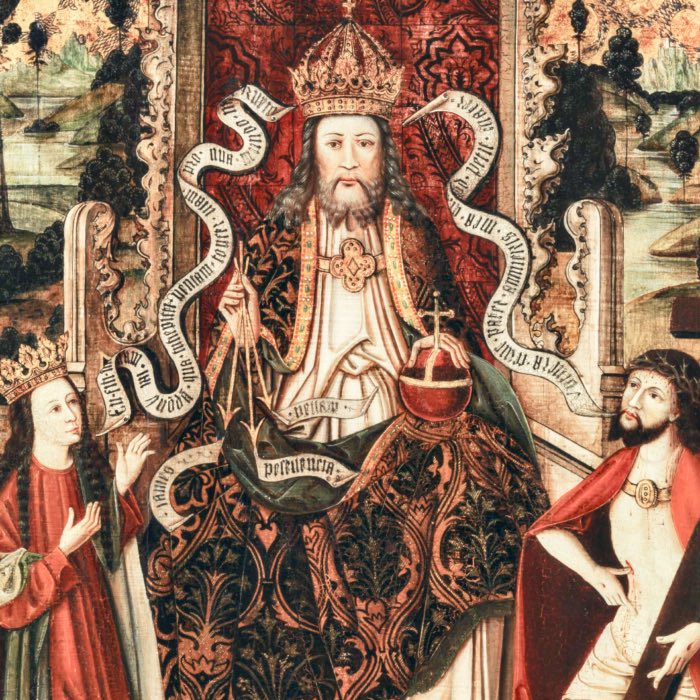
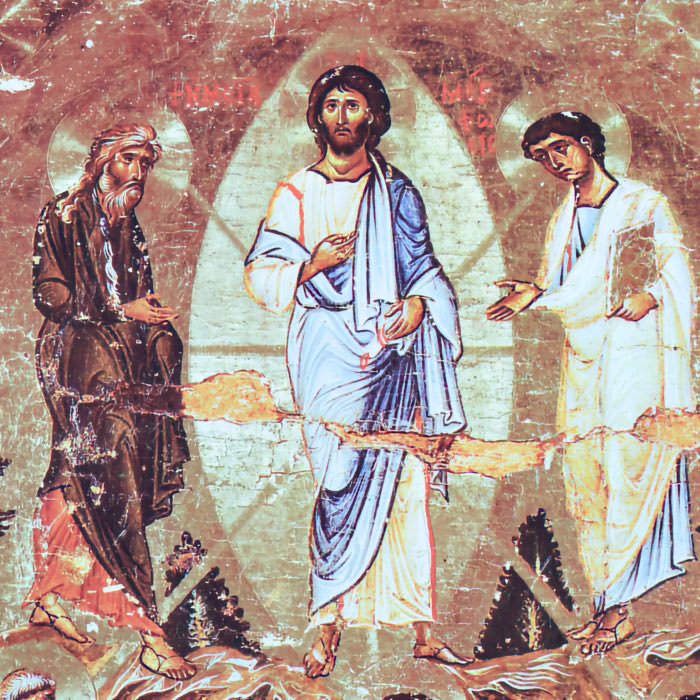
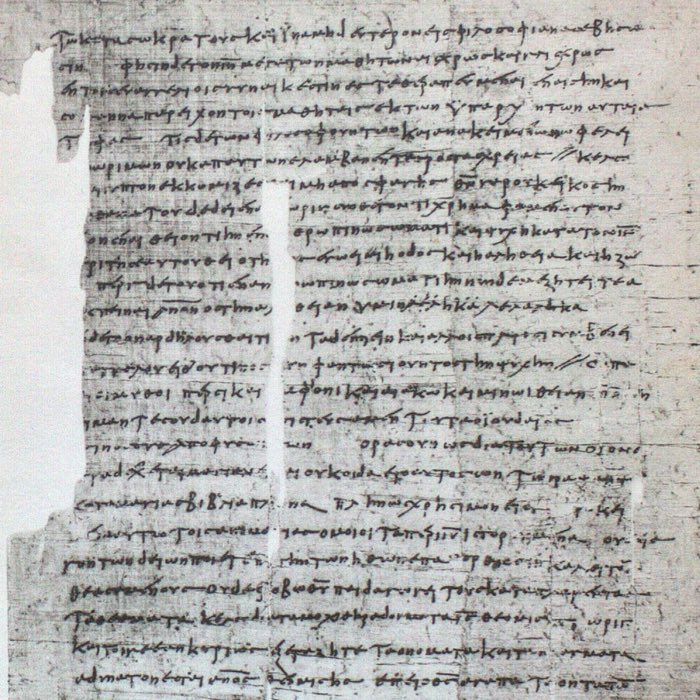
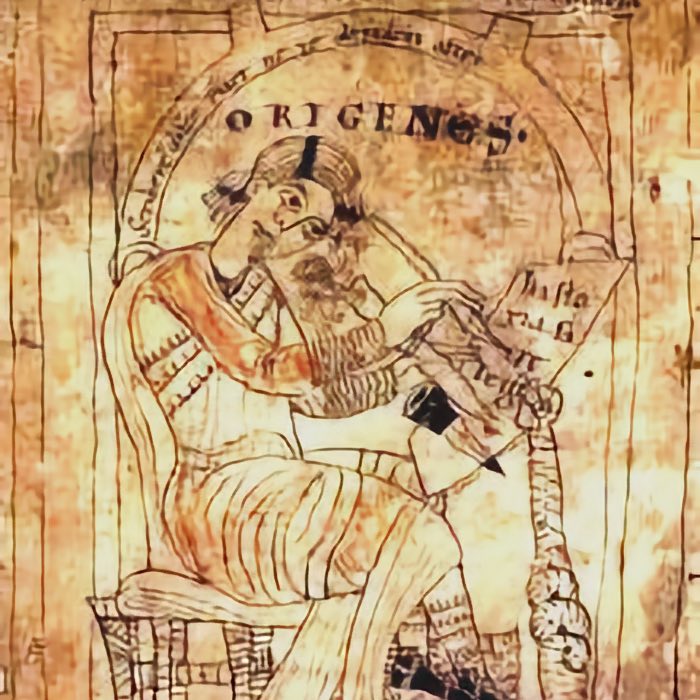
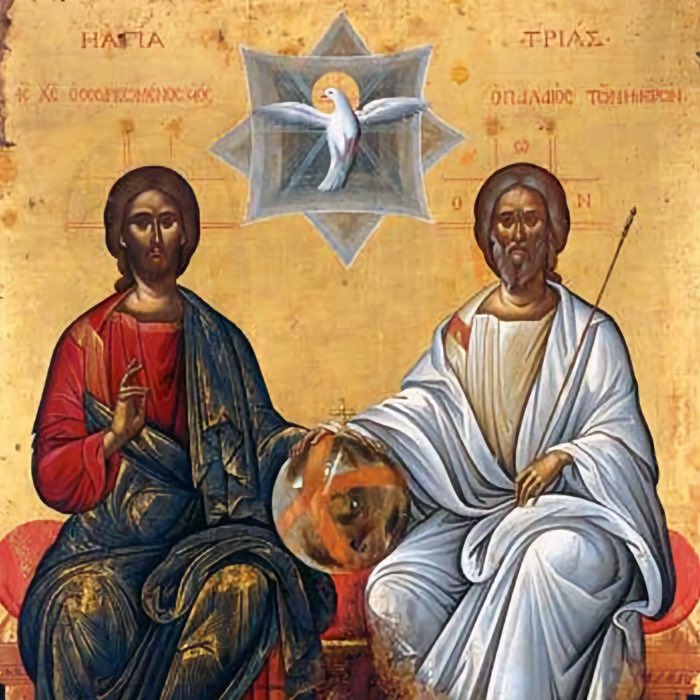
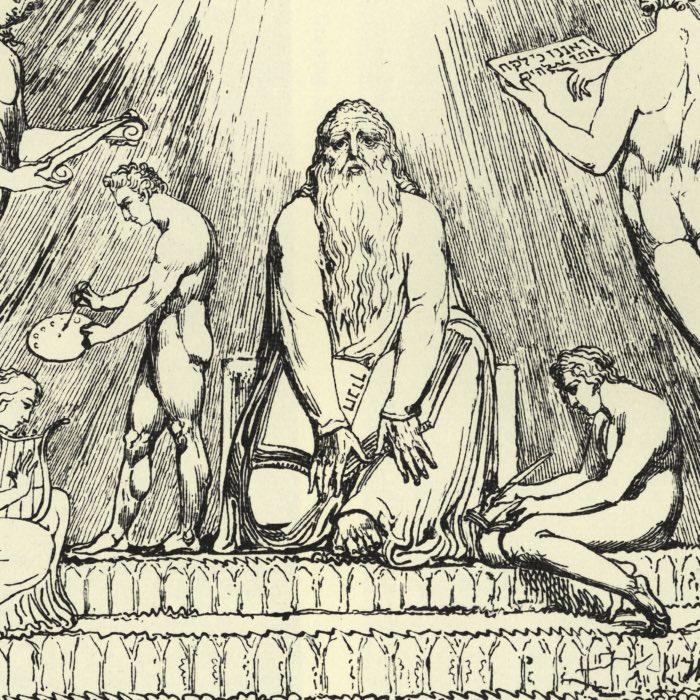
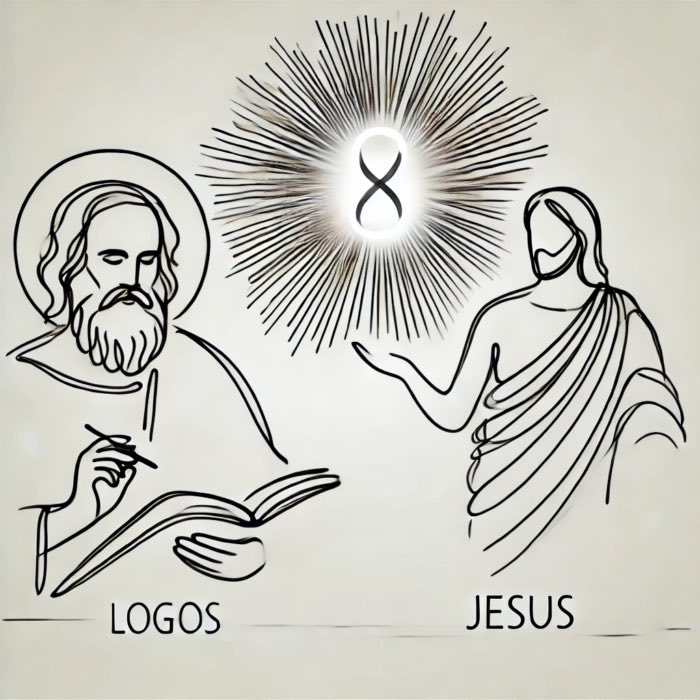
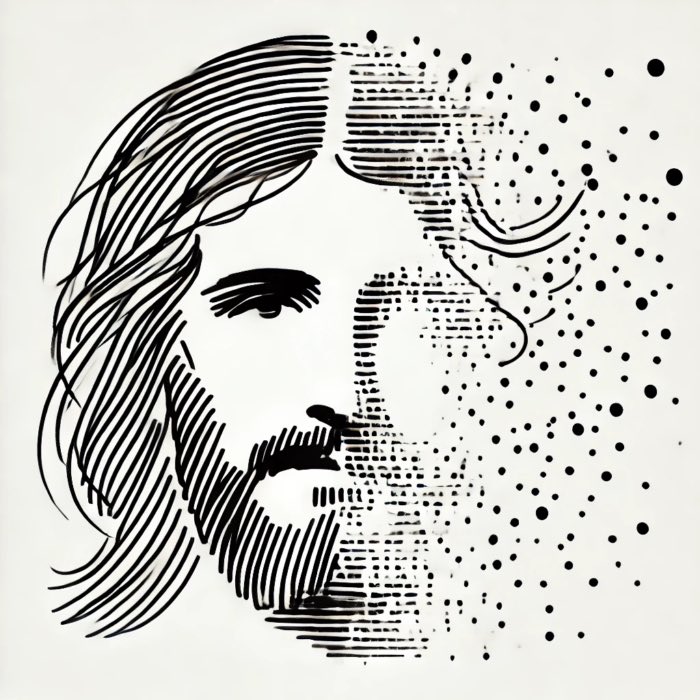
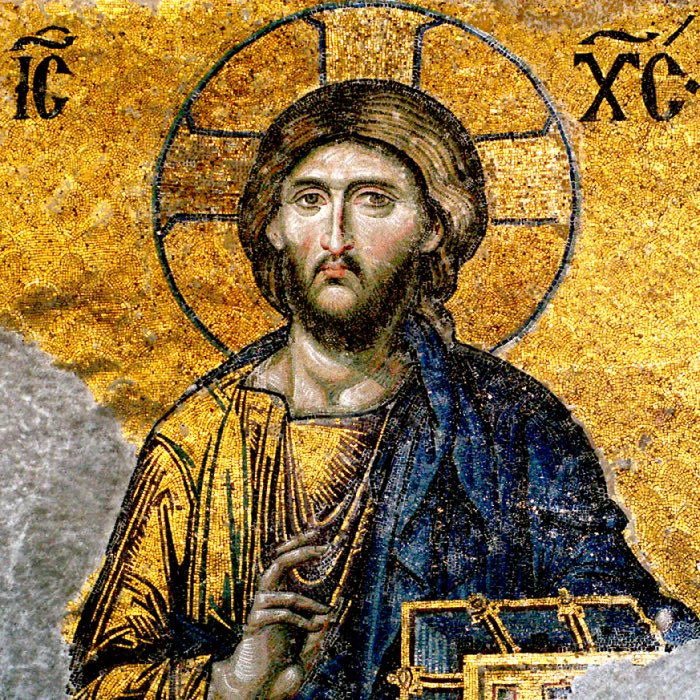
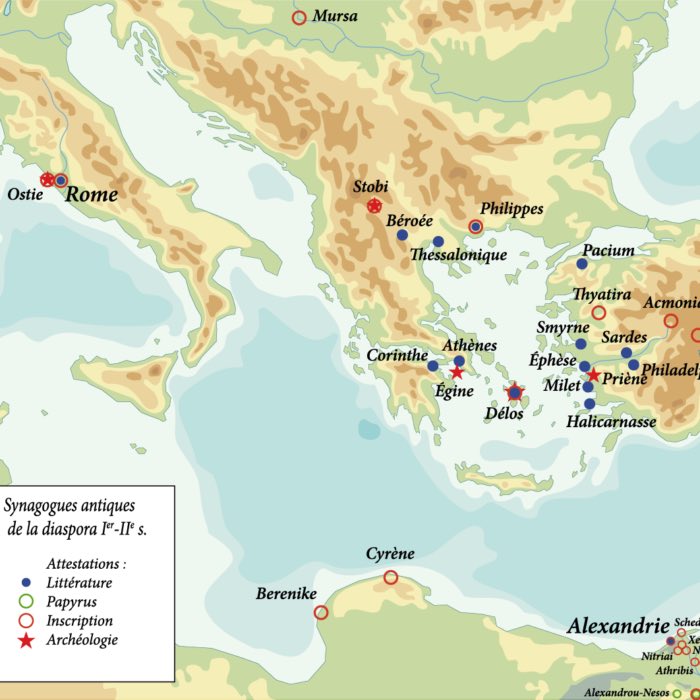
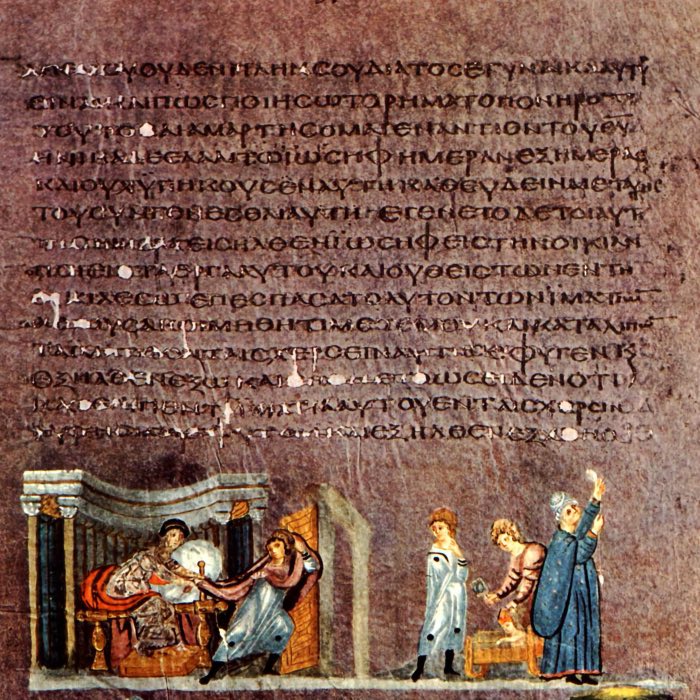
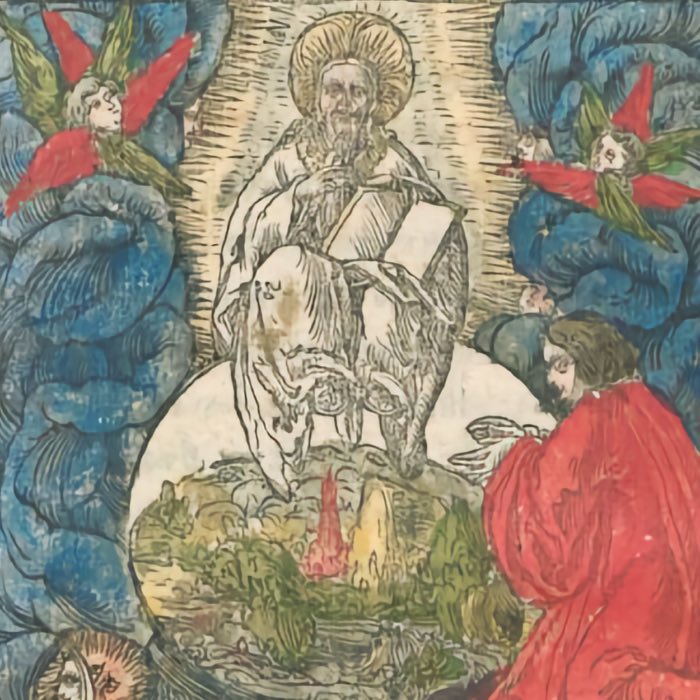
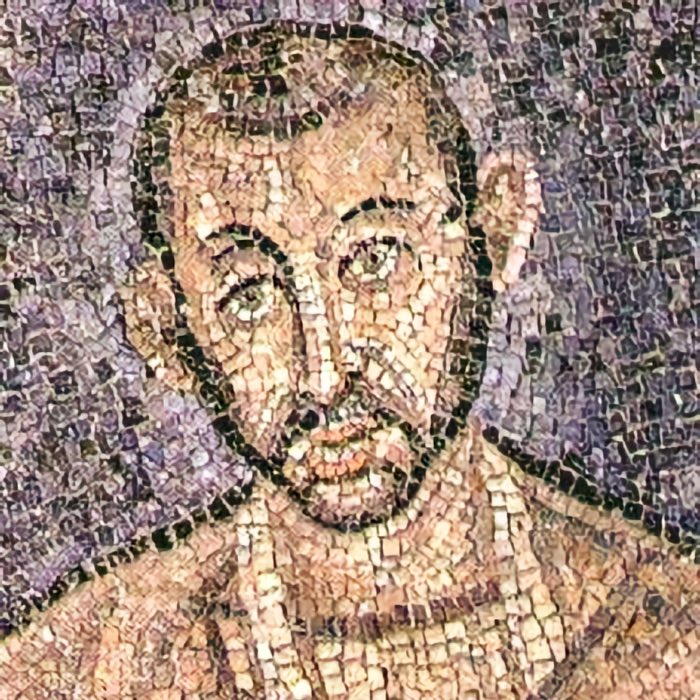
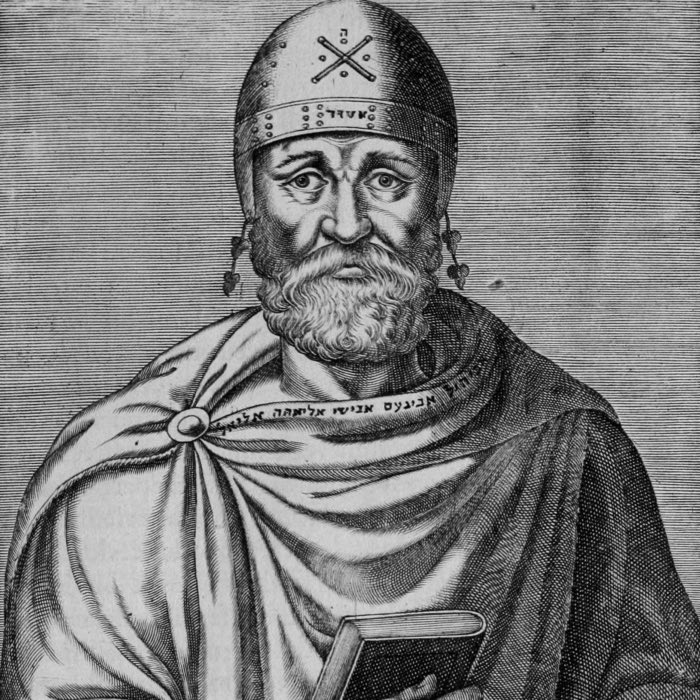
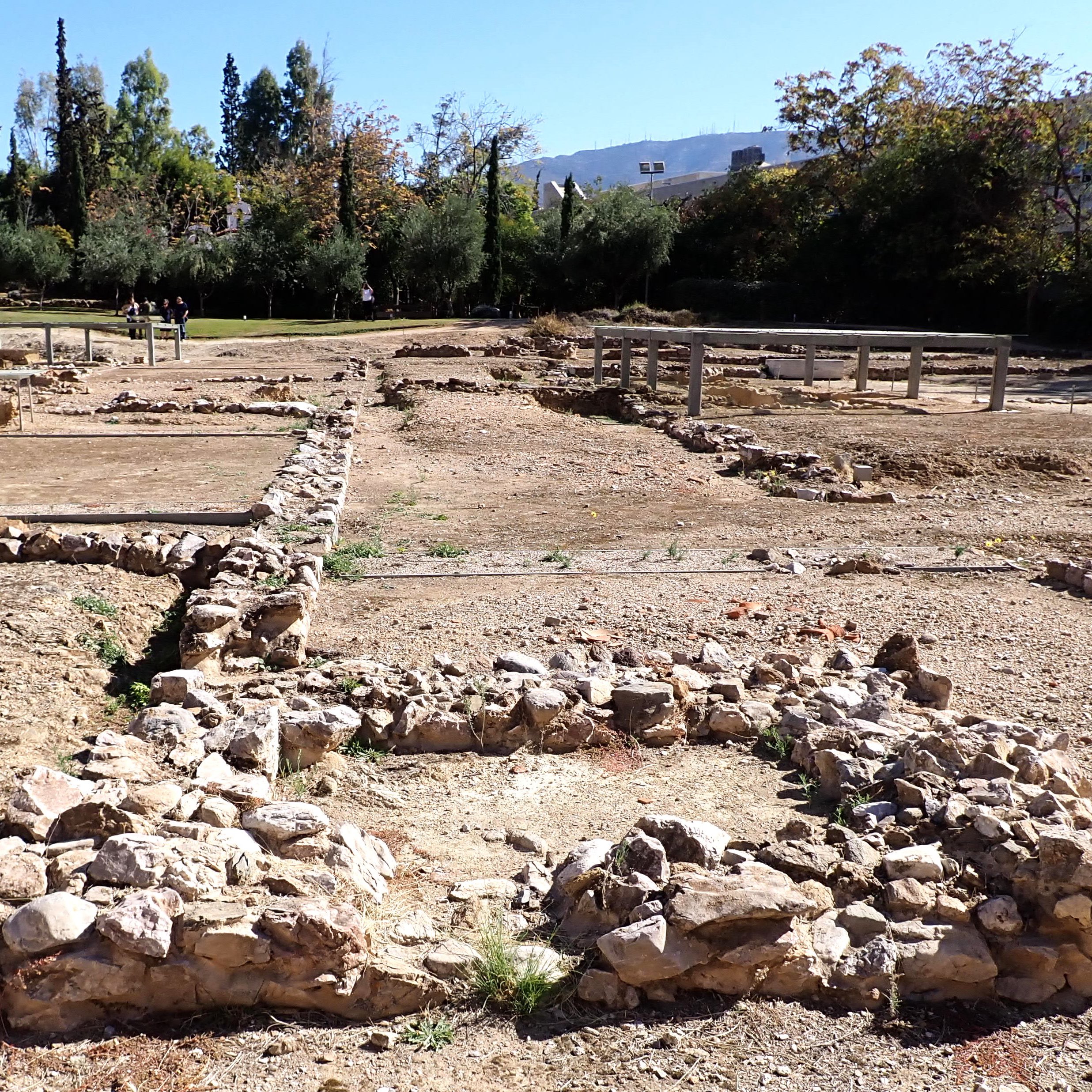
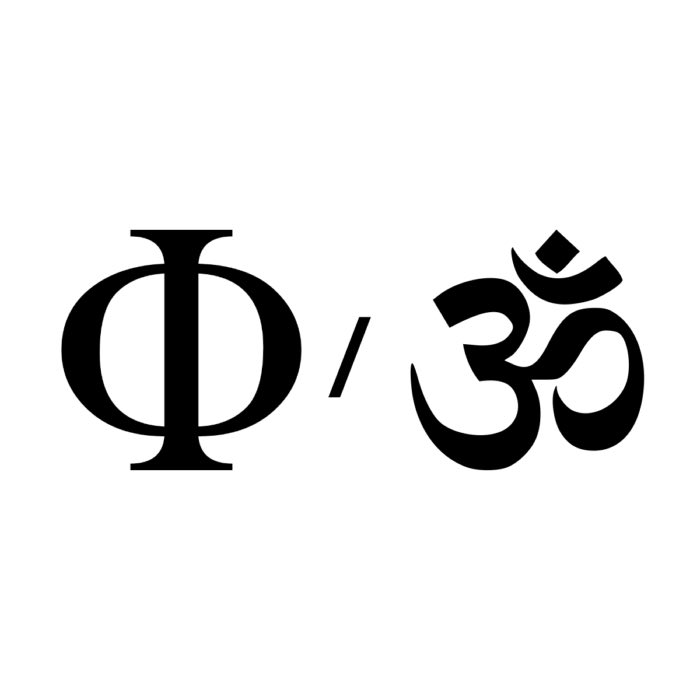


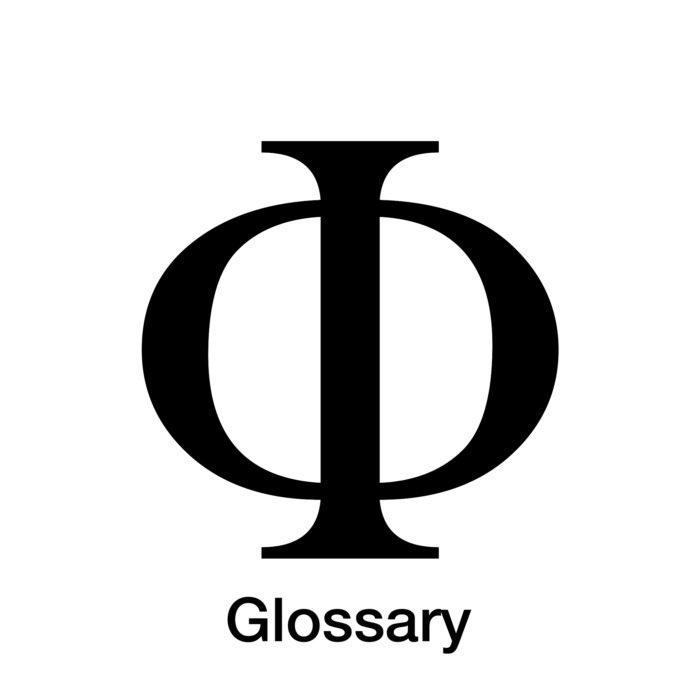
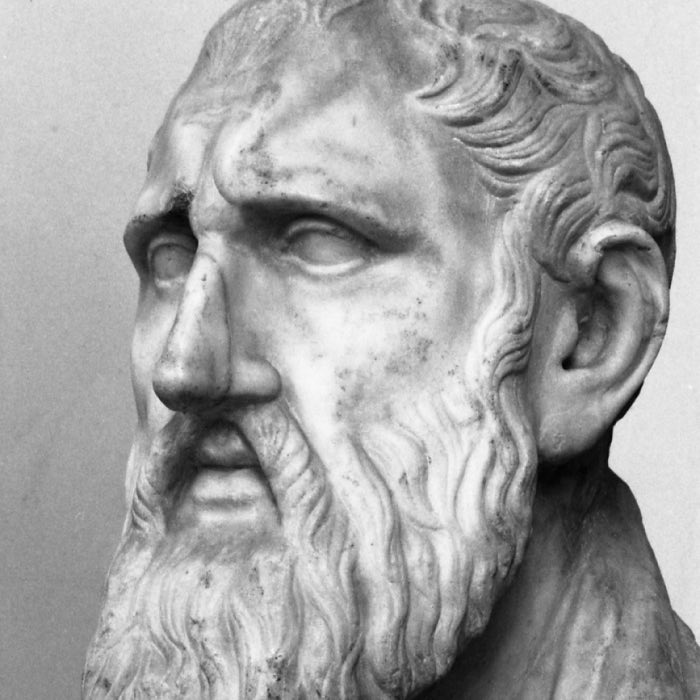
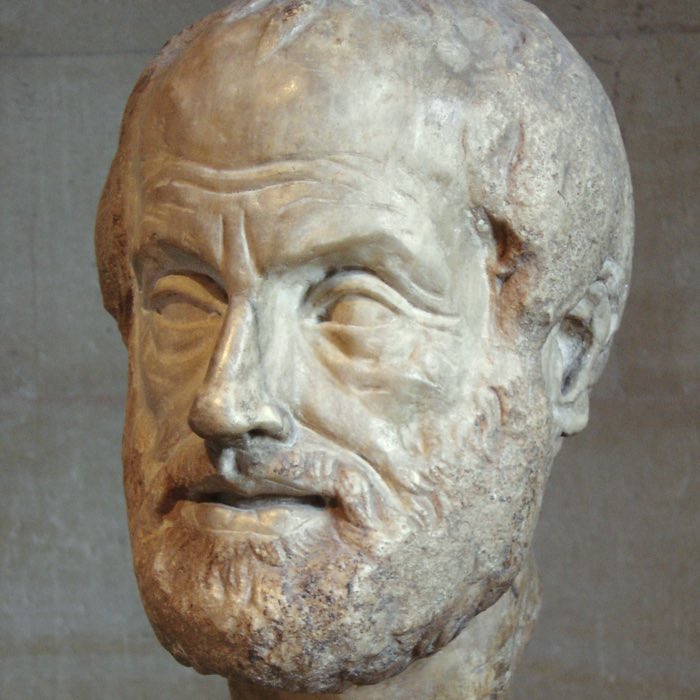
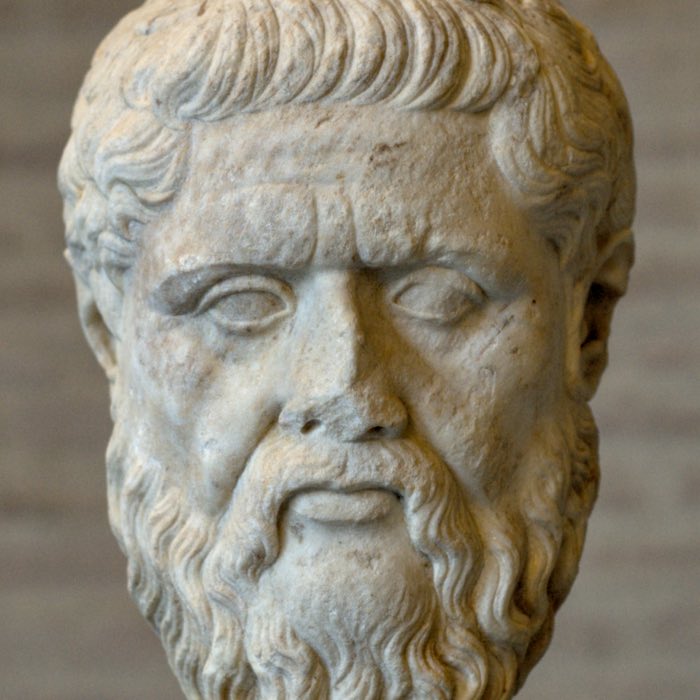
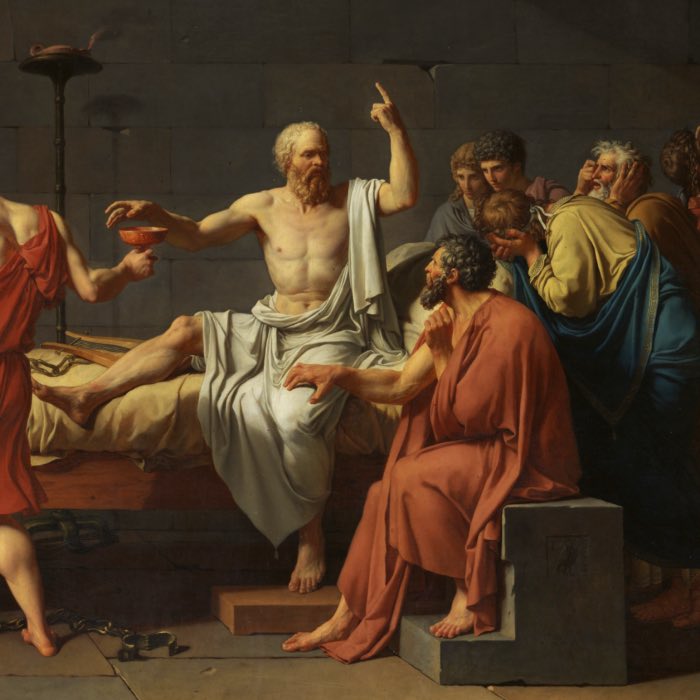
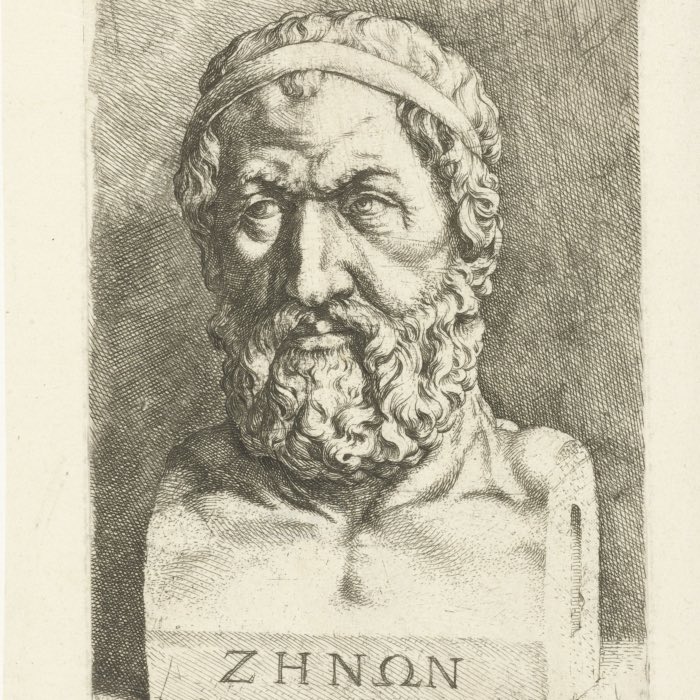
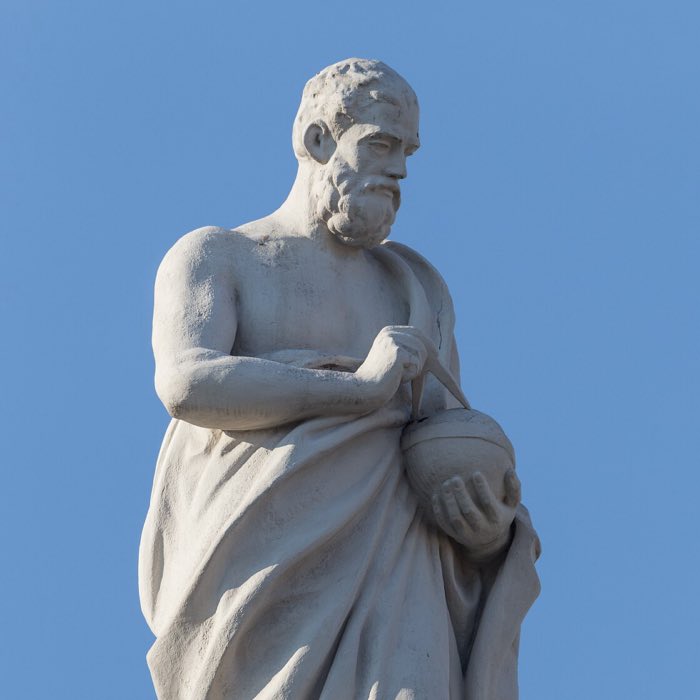
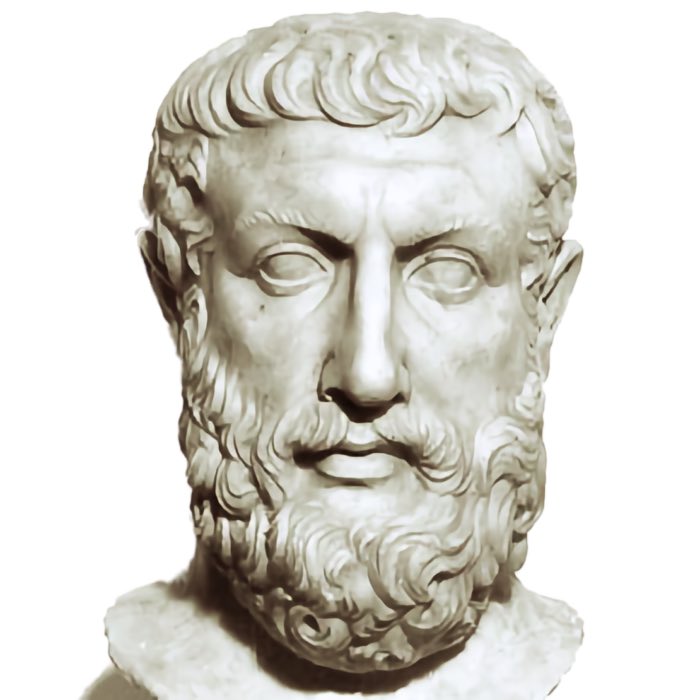
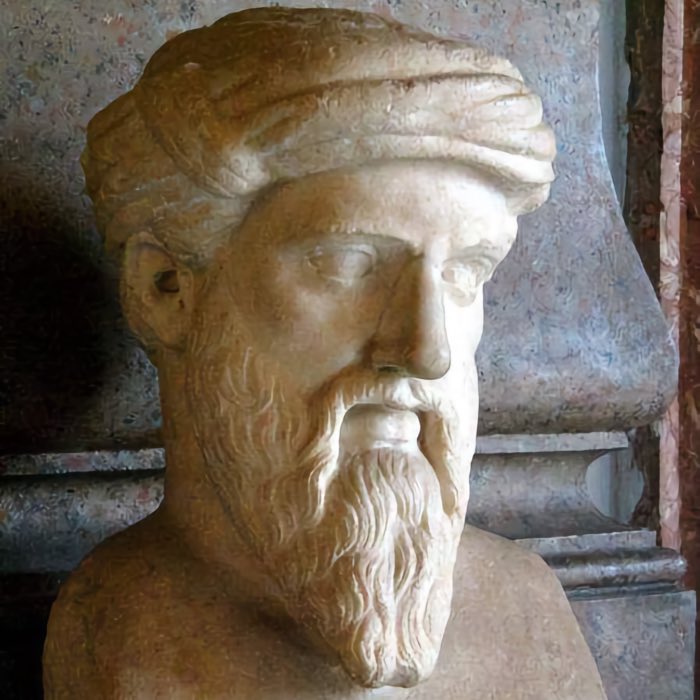
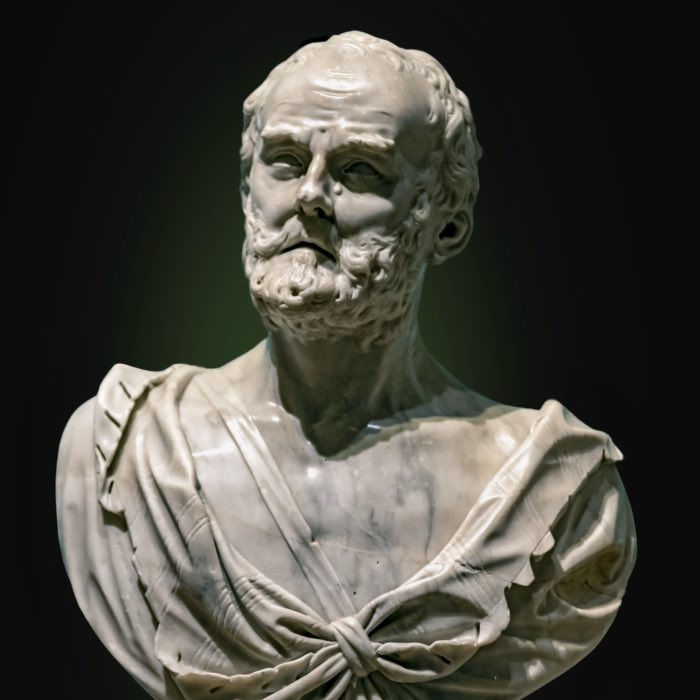
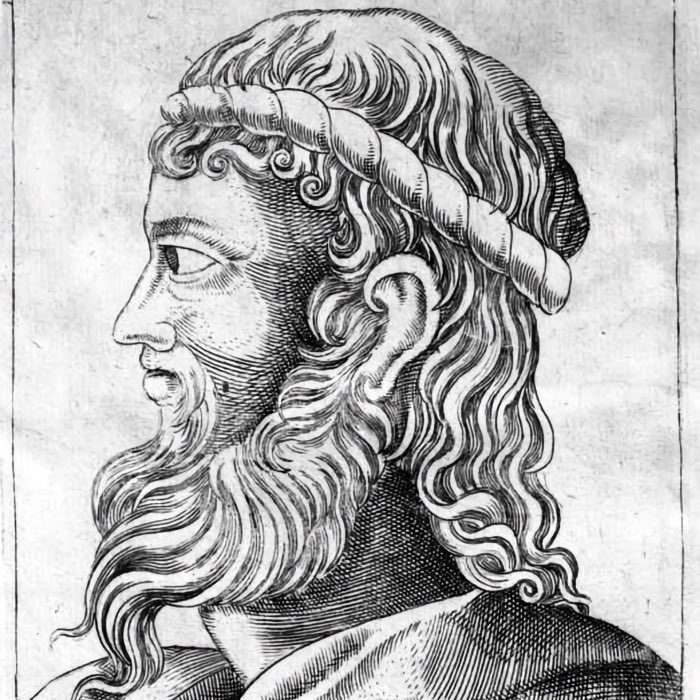
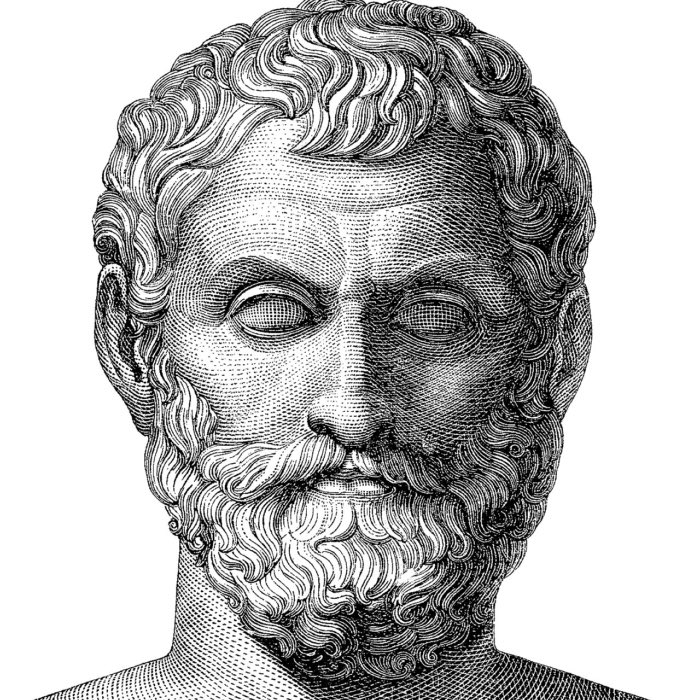
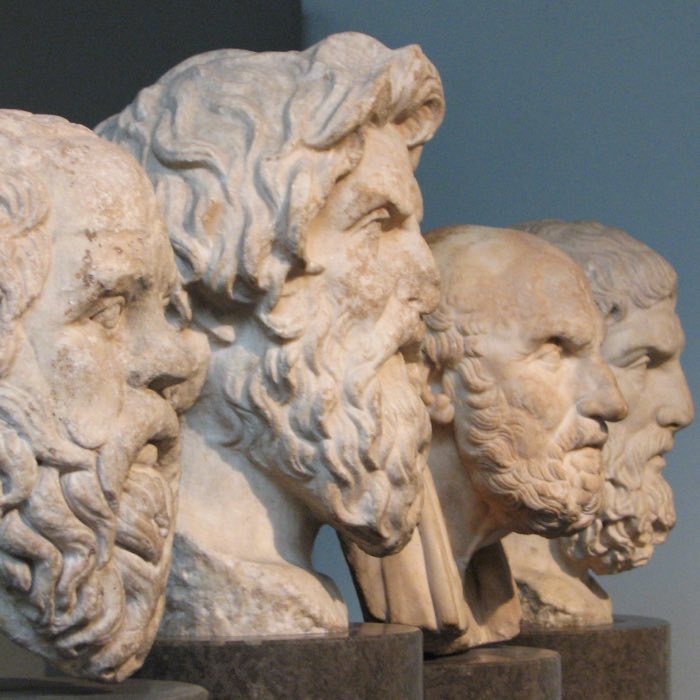






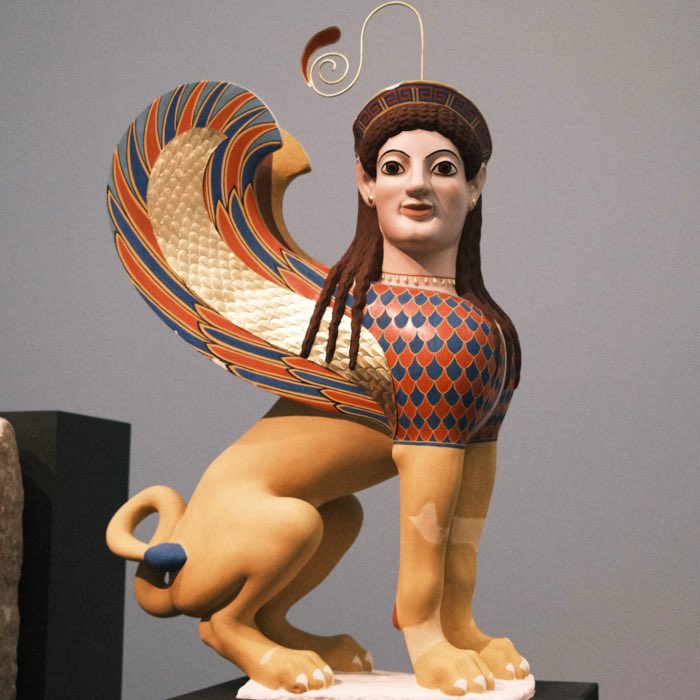
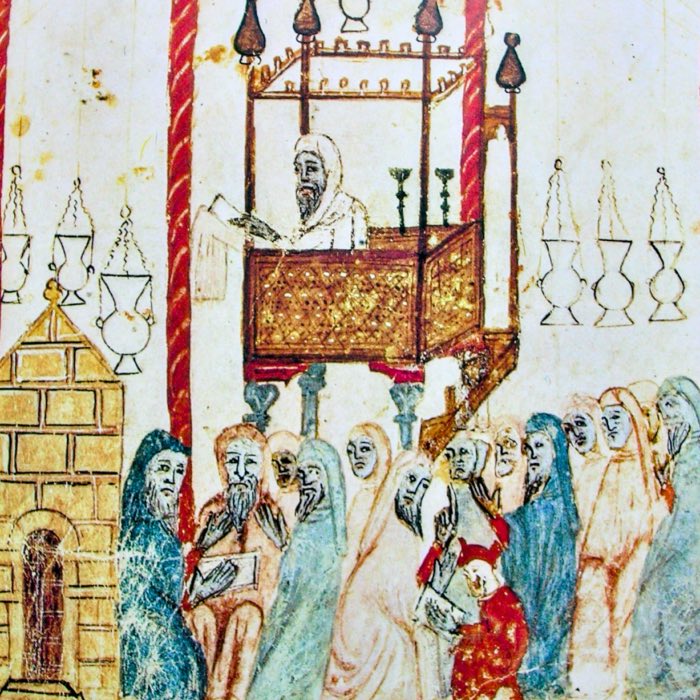
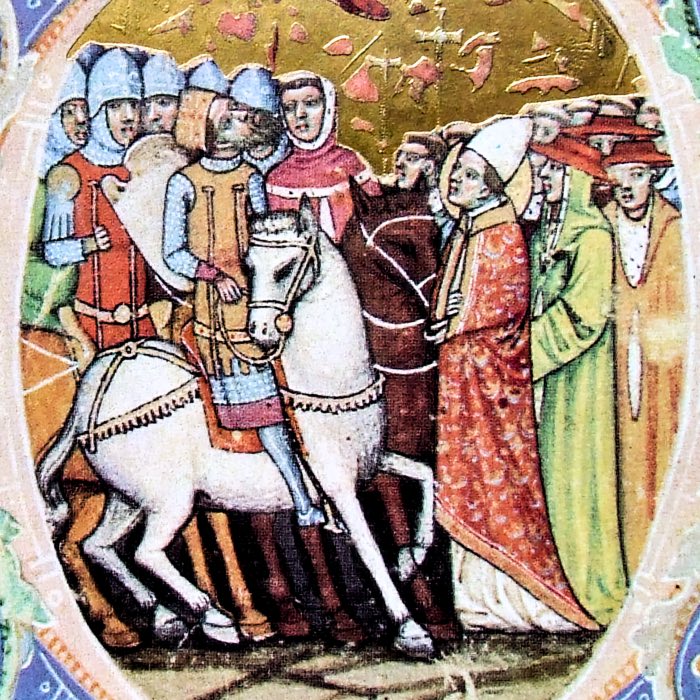
comments